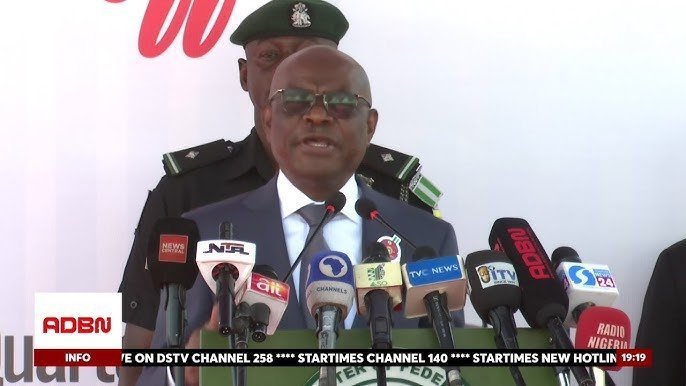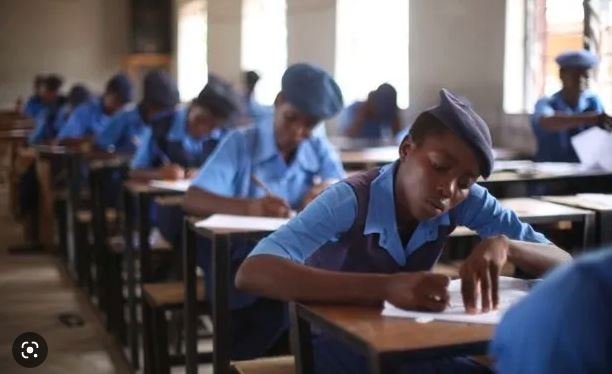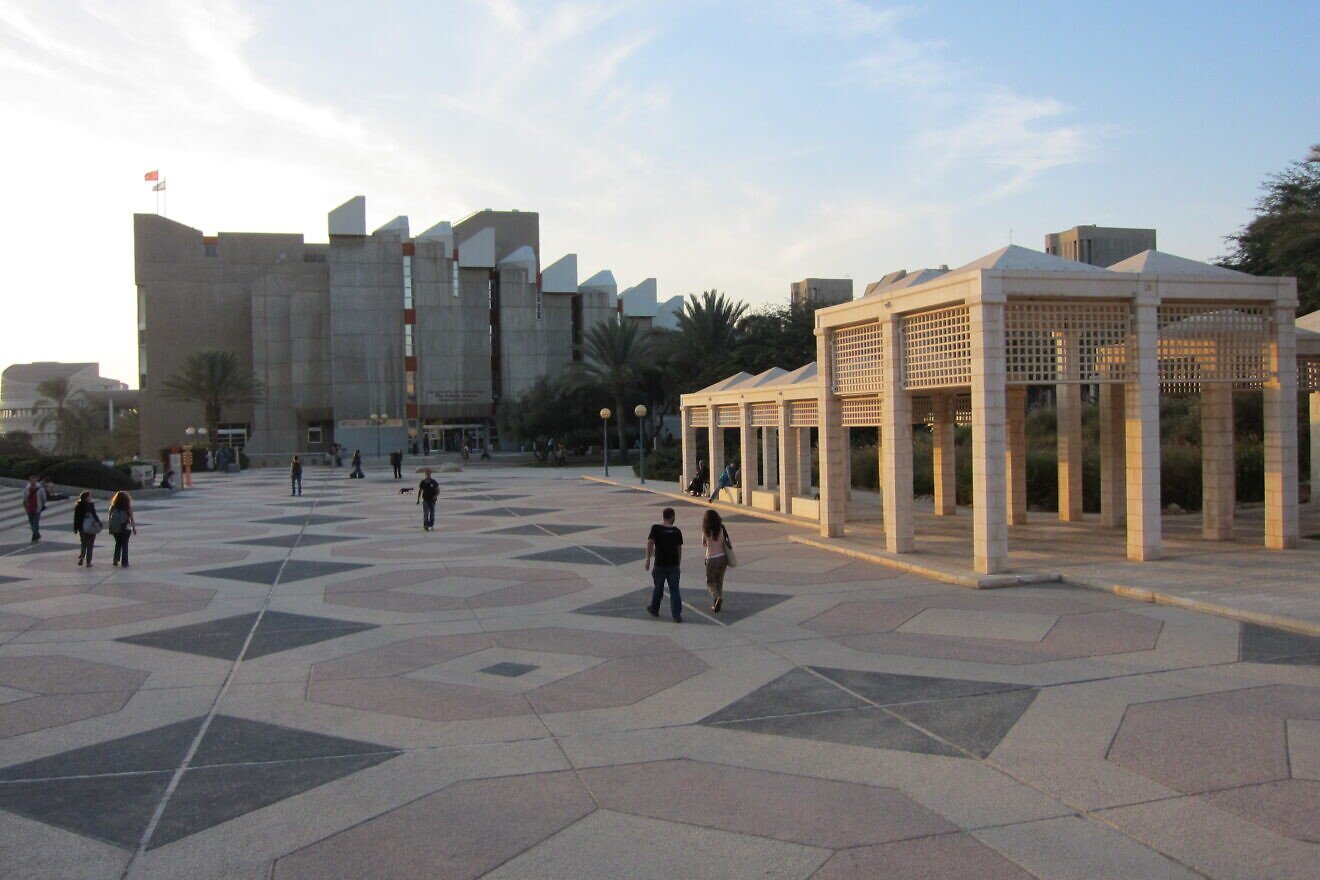Let’s talk about it — Nigeria’s secondary education system has been facing serious issues for years. From underfunded science labs to overpopulated classrooms and low national exam pass rates, it’s been tough. That’s why the Federal Government’s newly launched scheme to improve the quality of secondary education comes as a breath of fresh air.
Overview of the New FG Scheme for Secondary Education
Launched in early 2025, this ambitious program was announced by the Federal Ministry of Education in partnership with UBEC, WAEC, NECO, and other key stakeholders. The new scheme aims to holistically overhaul Nigeria’s secondary education structure, with a focus on science, digital literacy, infrastructure, and equity.
Key Challenges in Secondary Education Today
The issues are widespread:
-
Poor facilities in many schools, especially in rural areas
-
Insufficient qualified teachers, especially for STEM subjects
-
High exam failure rates, particularly in WAEC and NECO
-
Large numbers of school dropouts due to poverty and poor motivation
Primary Goals of the New Scheme
The government’s goals are straightforward and targeted:
-
Improve academic performance across all subjects
-
Train students in life and tech skills relevant to today’s world
-
Equalize opportunities for students in both urban and rural areas
Core Components of the New Scheme
-
Infrastructure Upgrades: Renovation of over 500 secondary school buildings nationwide.
-
ICT Integration: Digital classrooms, e-libraries, and computer-based tests.
-
Teacher Training: Monthly virtual and in-person capacity-building workshops.
-
STEM Focus: Special funding for science labs and technical education.
Target Beneficiaries of the Scheme
-
Students in both junior and senior secondary levels
-
Public school teachers in need of re-certification
-
School heads and inspectors managing policy execution
Funding and Resource Allocation
The initiative is jointly funded by:
-
TETFUND (Tertiary Education Trust Fund)
-
Federal Budget Allocations
-
Grants from UNESCO and World Bank
National Curriculum Overhaul
A new curriculum is also being introduced to replace outdated materials. Some highlights include:
-
Coding and Robotics from JSS1
-
Financial Literacy and Entrepreneurship as core electives
-
Ethics, Civic Engagement, and Mental Health education
Digital Learning and Smart Classroom Deployment
In partnership with private edtech firms like EduTech and LearnAfrica, schools will receive:
-
Tablets and smart boards
-
Access to national online syllabus portals
-
Wi-Fi-enabled classrooms in pilot states
Role of State Governments in Implementation
States must:
-
Submit implementation proposals
-
Nominate focal schools per senatorial district
-
Report quarterly progress via dashboards
Teachers as Frontline Reformers
No good policy works without teachers. Key benefits for teachers include:
-
Access to performance-based incentives
-
Certification bonuses
-
Sabbatical exchange opportunities with other African countries
Stakeholder Voices and Testimonials
-
Mrs. Musa, Principal, Abuja: “We’ve waited a long time for this level of support.”
-
Ibrahim, SS2 Student, Sokoto: “I now want to be an engineer!”
-
Parent in Lagos: “We finally feel like our children have a fighting chance.”
Pilot States and Early Results
Pilot rollout in Lagos, Kano, Enugu, and Plateau states has shown:
-
23% increase in student digital literacy
-
Reduction in absenteeism
-
Higher teacher satisfaction rates
Addressing Dropout Rates and Gender Disparity
Special programs include:
-
Girls in STEM Bootcamps
-
School re-entry policies for teenage mothers
-
Financial support for low-income families
Monitoring, Evaluation, and Accountability
-
National Education Dashboards track KPIs
-
Anonymous reporting channels for mismanagement
-
Monthly performance scorecards by state
Public Engagement and Media Involvement
The scheme is being actively promoted on:
-
National TV and radio
-
YouTube education channels
-
Social media via the hashtag #RevampNaijaSchools
Conclusion
If Nigeria is serious about global competitiveness, fixing secondary education must be non-negotiable. This new FG scheme isn’t just a plan — it’s a promise. And it’ll take everyone — from teachers to parents, policymakers to private tech firms — to bring it to life.
FAQs
1. When will the new curriculum start?
Rollout begins in the 2025/2026 academic year.
2. Will students receive devices?
Yes. Tablets are being distributed to JSS1 and SS1 students in public schools.
3. What about private schools?
While the scheme targets public schools, some resources may be shared with low-cost private schools.
4. Are there job opportunities tied to the scheme?
Yes. Roles in teaching, tech support, project monitoring, and school administration are opening.
5. How can the public track spending?
Via the Ministry’s public dashboard and quarterly media briefings.



